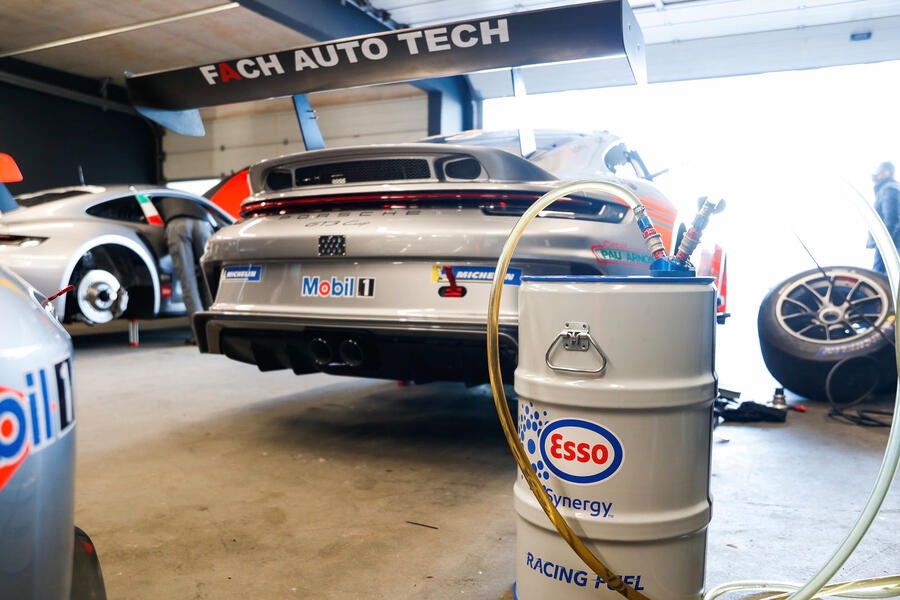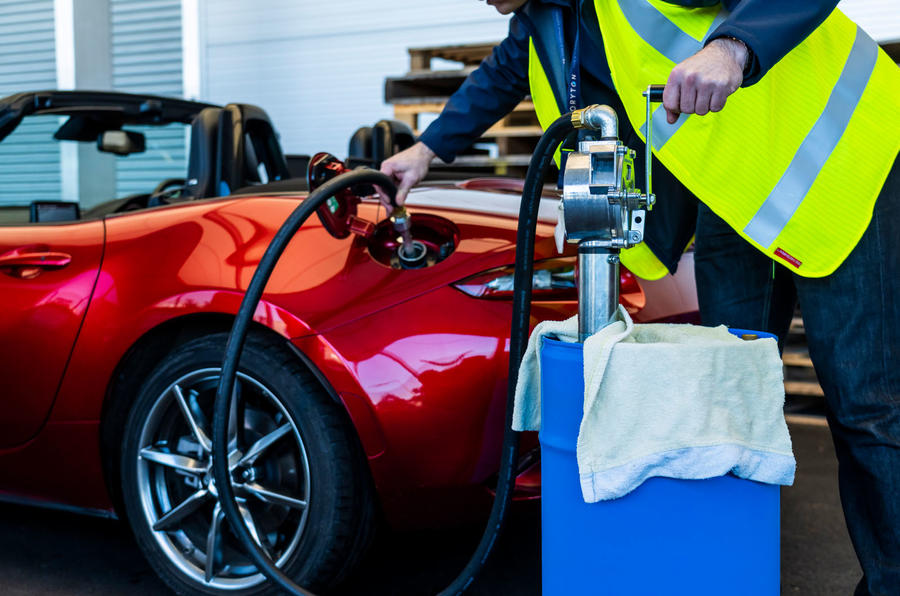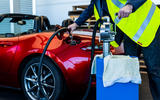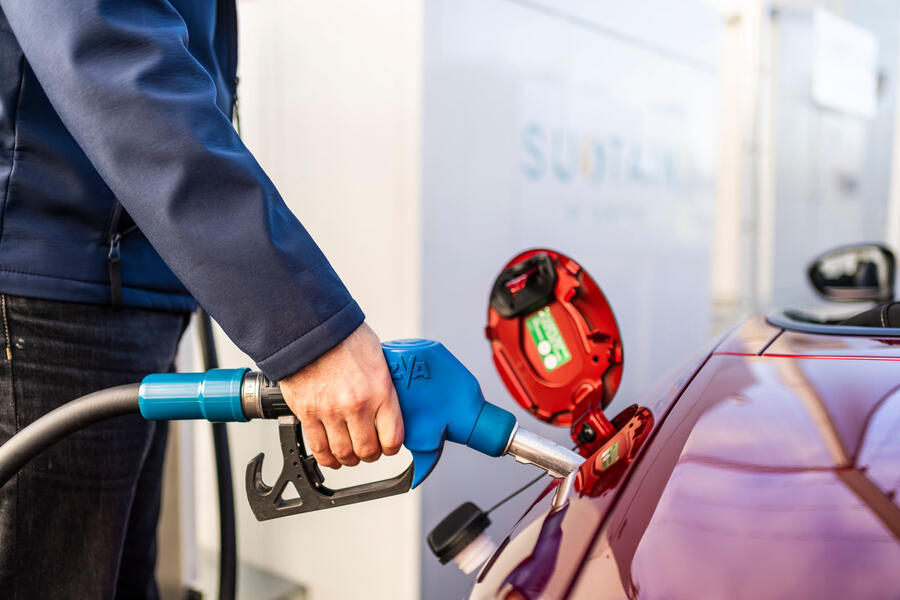Germany has requested that the European Union considers allowing the sale of new ICE vehicles powered by carbon-neutral e-fuels after 2035.
The European Parliament recently voted to confirm an effective ban on the sale of new ICE vehicles from 2035 by requiring a 100% reduction in CO2 emissions from all new vehicles sold in the bloc by that deadline.
However, German transport secretary Michael Theurer has now called on fellow European ministers to further consider whether e-fuels can play a role in reducing transport emissions.
He said: “The [European] Commission should come forward with a proposal how e-fuels can be used or how combustion engines which are run with climate-neutral fuels can be organised.”
The argument for e-fuels is that they're produced using captured CO2 emissions and hydrogen, the latter sourced from renewables such as wind or solar power. In theory, this makes them CO2-neutral, because the carbon emitted at the tailpipe is removed from the atmosphere when more of the e-fuel is produced.
Environment ministers previously set a 2026 deadline for manufacturers to prove whether e-fuels are truly carbon-neutral in practice.
Various car makers – typically those with sporting ambitions or which have been lauded for their combustion engines – have made significant investments in the technology.
Porsche has arguably led the progress, having kick-started pilot production of its own e-fuels in Chile late last year, targeting roughly 130,000 litres annually.
Initially, it will be used to power cars at the firm’s experience centres, as well as its Mobil 1 Supercup racers.
Production is planned to ramp up to 12 million gallons (55 million litres) per year by the middle of this decade and 10 times that amount just two years later.















Join the debate
Add your comment
It seems like a no brainer to actively encopurage the development of e-fuels - if only from the perspective of carbon reduction amongst the huge existing fleet of vehicles with ICE engines. EVs are not the only solution to global transport needs.
We’re not anywhere near it yet, but the beauty of electricity is that it can be produce myriad ways by anybody with the gumption to do it.
If you are responsible for a company that produces efuels or sells barrels of oil, a true democratisation of energy is your greatest threat.